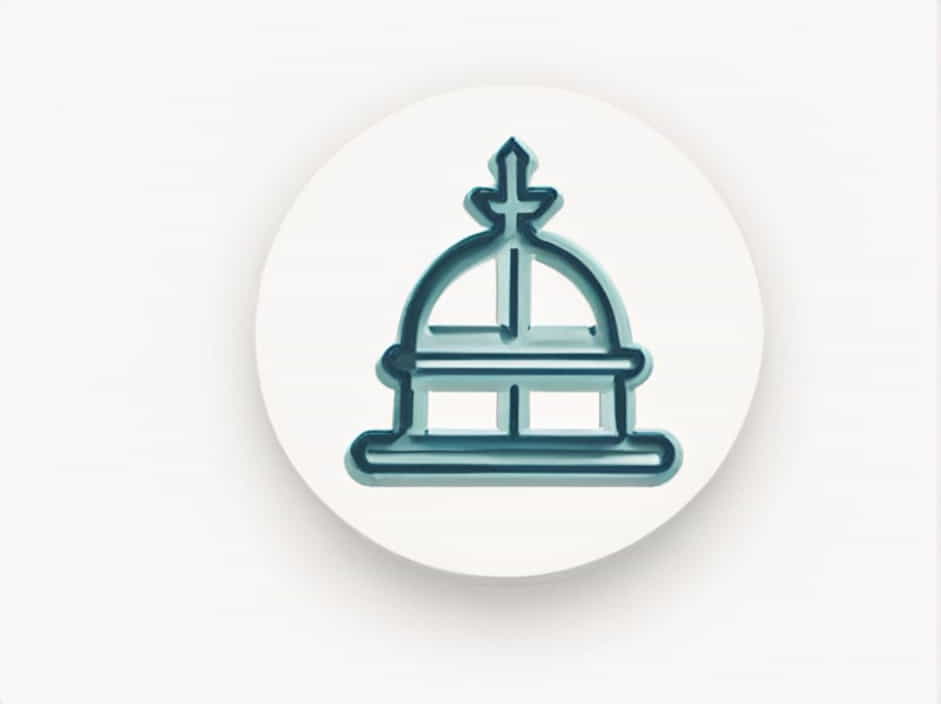The seniority system in the U.S. Congress is a long-standing tradition that prioritizes legislators with the longest service in determining leadership positions, committee assignments, and influence. This system plays a crucial role in shaping the legislative process by giving experienced lawmakers greater authority.
Why Seniority Matters in Congress
One significant advantage of the seniority system is that it brings stability and efficiency to the legislative body. Legislators who have served for many years develop a deep understanding of policies, procedures, and negotiations, which helps Congress function more effectively.
How Seniority Enhances Stability
1. Experienced Leadership
Long-serving members of Congress have a wealth of knowledge about lawmaking, committee work, and government operations. Their experience allows them to make informed decisions and provide guidance to newer members. This ensures continuity in governance.
2. Reduced Turnover Disruptions
Since senior members hold influential positions, their continued presence helps maintain policy consistency. If leadership changed frequently, Congress would face difficulties in maintaining momentum on long-term projects and policies.
3. Institutional Knowledge Preservation
Experienced legislators understand the history of important legislation and the reasoning behind past decisions. This historical perspective helps them avoid repeating mistakes and ensures well-informed policymaking.
How Seniority Improves Efficiency
1. Faster Decision-Making
With years of experience, senior members understand how to navigate the complex legislative process efficiently. Their expertise allows them to resolve conflicts, negotiate deals, and move bills forward with fewer delays.
2. Stronger Committee Leadership
Committees are where most of Congress’s work happens, and the seniority system ensures that the most experienced legislators lead these committees. This arrangement allows for knowledgeable and decisive leadership, making the legislative process more effective.
3. Enhanced Bipartisanship
Senior legislators have spent years building relationships across party lines. These relationships often lead to more productive discussions, better compromise, and increased chances of passing bipartisan legislation.
Criticism of the Seniority System
While the seniority system has clear advantages, it also faces criticism. Some argue that it discourages fresh perspectives and innovation. Others believe that it gives too much power to older legislators, making it harder for younger members to bring change. However, its role in ensuring stability and efficiency remains a strong argument for its continued use.
The seniority system in Congress provides significant advantages, particularly in making the legislative process more stable and efficient. By placing experienced leaders in key positions, it helps maintain continuity, speeds up decision-making, and enhances institutional knowledge. While it has its drawbacks, its role in shaping a functional and effective Congress is undeniable.
